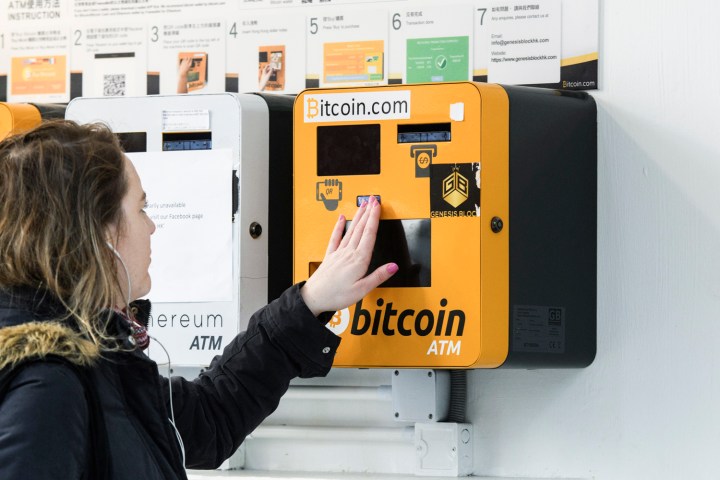
Bitcoin and altcoins like Litecoin and Ethereum became vogue investment purchases at the tail end of 2017 when a wave of mainstream attention saw prices increase by tens, if not hundreds, of percent in just a few short weeks. That latest bubble eventually burst towards the end of December, with Bitcoin itself reaching near $20,000 per token before the crash. It then tumbled by thousands of dollars in the weeks that followed, dragging most other cryptocurrencies down with it.
With Bitcoin now having fallen to less than $7,500, its lowest price point since early November last year, Chase, Bank of America, and Citigroup have all banned the use of credit cards for buying Bitcoins. In the U.K., Lloyds group banks have done the same, including Bank of Scotland, Halifax, and MBNA.
Although this may stop some banking customers getting into hot water, the move is more to prevent lenders from being hit by this latest crypto-crunch. As Bloomberg reports, customers overspending in expectation of quick returns could leave banks in the lurch if they can’t repay. Similarly, there is concern over stolen credit cards being used to buy cryptocurrency, which is often hard to twin with its real-life owner.
As much as those banks are taking steps to create some moderate separation between their services and Bitcoin, not all banks are doing the same. As Diar reports on Twitter, two top U.K. banks, HSBC and Barclays, have confirmed that they are not restricting cryptocurrency investments at all.
Indeed it’s important to remember that while the banks that have banned credit card purchases have restricted one avenue of buying cryptocurrencies, bank transfers, currency trading, and even gift-card buys can be used to purchase Bitcoin and other altcoins.
As much as this latest news could exacerbate the current tumble Bitcoin and its contemporaries have taken, as we discussed in a recent piece, regulating Bitcoin is harder than most people think, so the long-term impact may not be too dire.



